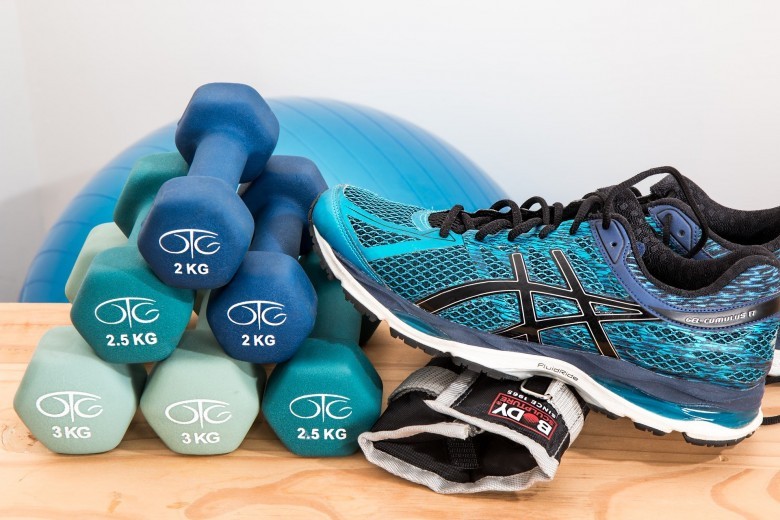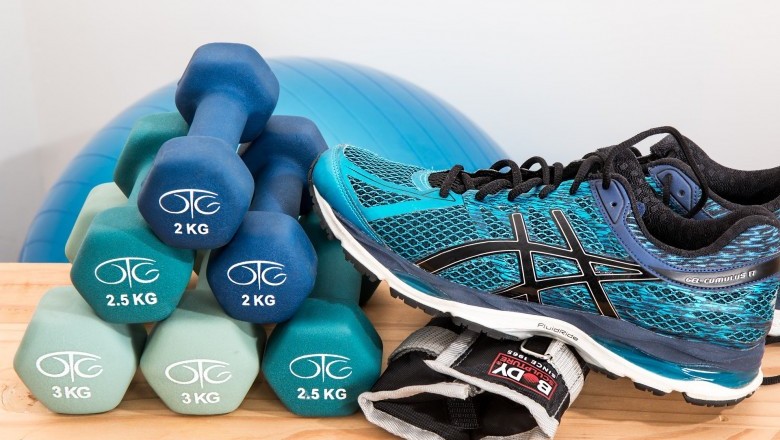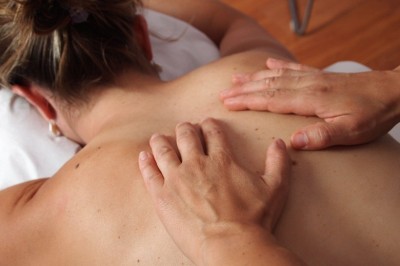
Muscle Strength and Physiotherapy
Muscle strength is very important for all of our functional activities, from heavy work such as climbing stairs or a hill to fine work such as sewing or typing on a keyboard. While losing feeling in a part of the body can be more disabling, losing muscle power always has consequences for our function and our independence, especially as we get much older when our power levels decline anyhow.
We may lose muscle power for a wide variety of reasons: disuse; pain; injury; disease or neurological illness. Physiotherapists are skilled at the assessment of muscle power and in progressive strengthening techniques to restore power within the patients capacity.The Oxford Scale is the rating system used by physiotherapists for the assessment and recording of muscle power when required. Knowledge of muscle anatomy is vital so that the joint can be positioned correctly and the tendon and muscle palpated so whether there is any muscle action can be judged.
The muscle is rated on the Oxford Scale from one to five and written down as 2/5 or 4/5, at times with a plus or minus sign to show the muscle has more or less strength but not enough to go down or up the scale. The physiotherapist ensures the joint is in the optimal position to enable the muscle to function easily and for easy visualisation of the tendon and muscle.If there is no muscle activity, either visible or with the physiotherapist feeling the tendon and muscle belly after several attempts by the patient to perform the muscle action then the muscle is graded as zero.
A small muscle contraction such as a twitch, without any joint movement, is rated as one. When the muscle can do its joint action but without the force of gravity resisting the movement then this is graded as two, but the joint needs to be in the right position for correct testing. If the muscle can perform its typical action against the force of gravity then it is rated as three.
An example is bending the elbow whilst standing up, where the biceps is working against gravity.To be rated as 4/5 on the Oxford Scale a muscle must be able to move its joint through full range against resistance and gravity. The physiotherapist will decide what degree of resistance is reasonable for this test, bearing in mind the characteristics of the patient such as age, sex, activity levels and medical status. The normal rating of 5/5 is given only when the muscle can move the joint painlessly to the extent that the tester feels is entirely adequate, given the personal status of the patient.
Full power for a younger, strong man will be very different for a child or old person.If the patient can raise their arm up above the head to some extent but not very strongly nor to full range, the physiotherapist might grade that as 3/5 for the deltoid muscle but because it is not full it might be rated 3-/5.
If the muscle will take good manual resistance but does not appear to be normal for that patient then the grading could be 4+/5. This grading scale allows the physiotherapist to test all the appropriate muscles and record them in the patients notes, enabling progress to be charted against time as the strength improves.
This can be very useful in tracking the progress of patients recoveries or recording their neurological status such as in spinal cord injury.Physiotherapists begin muscle strengthening techniques in a position where gravity is eliminated, allowing a weak muscle to be repetitively exercised. As the patients ability increases they can perform more functional activities of daily life which strengthens the muscles in a co-ordinated way which reflects normality.
Next, resistance against muscle action is increased as muscle strength improves in response to the level of intensity of resistance and not just repetition. High intensity causes muscle fibre breakdown which repairs with increased size and power until the next intensity workout repeats the process. Progression is then moved to functional exercise with bodyweight resistance as dynamic movement is more useful.Jonathan Blood Smyth is a Superintendent of
Physiotherapyat an NHS hospital in the South-West of the UK. He specialises in orthopaedic conditions and looking after joint replacements as well as managing chronic pain. Visit the website he edits if you are seeking
Physiotherapists in Coventry.


























